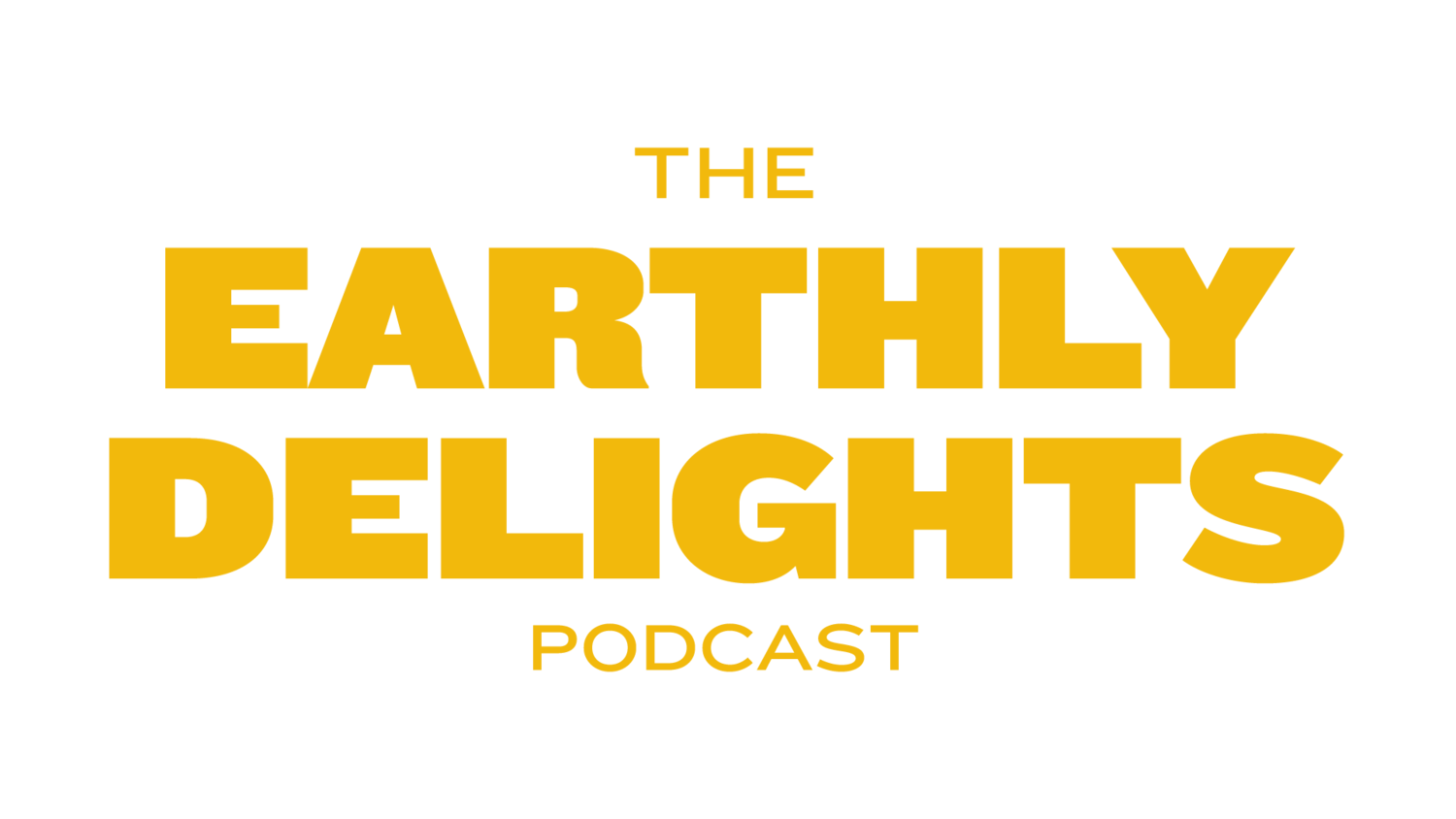But What If It Mattered?
In 2021, it’s quite easy to find yourself feeling insignificant. I don’t need to list the countless world events of the recent past or point to some palpably present existential issue to unpack how one can arrive at a thought of “what’s the point? Seriously, what’s the point?” I found myself around at this conclusion only a matter of weeks ago when confronted with the enormity of the homeless and housing problem in Dublin. Thankfully, I can honestly say that right now, I’m back on the journey towards feeling more useful. What saved me in my latest malaise with housing in Dublin and my ‘insignificant’ contribution was the simple, yet powerful reminder that EVERY act we carry out is significant. One of the best Rugby players of all time, Jonny Wilkinson recently shocked listeners in an interview when he stated that kicking the drop goal to win the World Cup is no more important than washing the dishes. This is an extreme example of what I’m trying to get across in this piece, which is that ultimately, there is no comprehensive, objective hierarchy of things that matter and things that don’t and I believe our collective praise of the quantifiable has muddled the waters for us in this regard.
I will try my best below to give this idea succinct justice but from the offset, I’d like to make one thing clear. I don’t think this idea should mean we reflect on our past actions and how we would have acted differently if we understood their grand significance, rather, this can help us remember that even in the midst of what may seem to be an ostensibly frivolous present moment, it counts. What we do, say, and don’t do and don’t say, matters. A good part of why I’m writing this is to help aid my own overwhelm of despair when I consider the scale of some of the issues we collectively face as well as some personal challenges I’m living through. For me, it’s so easy to doubt the strength or validity of my contribution, it’s a constant practice to come back to when I’m spending too much time in my head. Even several times during writing this, I had to remind myself that this piece matters. It matters even if nobody reads it because it is serving as meditation if you will, on how my view of my life alters once I have the belief that every forgettable act that we execute in autopilot mode can impact you and others in a way that will never be wholly quantifiable, nor should they. The truth is a lot of our day-to-day actions and interactions cannot be measured, at least they cannot be measured accurately using the metrics we often use for quantitative analysis, however, this certainly does not equate to these actions not having significance. This may seem obvious but do we really live as if we know it to be true?
A big reason why I believe we find ourselves in such a state of feeling trapped in a tight container of inconsequentialism has to do with our societal obsession with numbers, what can be counted. I remember the first day of my Public Policy Masters, the course coordinator revealed a quote which I don’t think I’ll ever forget: “Not everything that can be counted counts, and not everything that counts can be counted”. This served as a warning for us as we began the frustrating voyage that is going deep into the waters of politics, policy, and research. The prevalence of science and research has helped us progress in a remarkable, almost incomprehensible manner. This can’t be downplayed, it’s amazing. It must also be said though, that this emphasis on the quantifiable has inevitably and gradually worn down our collective valuing of aspects of life that cannot be measured. By no means am I saying that this has disappeared but I contend that the frighteningly common occurrence of people questioning whether or not their contribution even matters is directly related to our admiration of that which can be counted.
Recently we had the pleasure of chatting with burnout and workplace well-being expert Jennifer Moss on the podcast. One of the most profound nuggets she shared with us was “When you think about your job, it’s so important to think about those tasks that seem mundane or meaningless; we have to give them meaning-to change why they matter to our overall goal. Our mindset is critical to how we have healthy careers”. I think you know where I’m going with this. This particular perspective, cultivating meaning and purpose into what we do at work, even the banal things - can surely be extrapolated to our life at large. Whether or not we wave to the driver, how we say thanks to the shop assistant, the intensity and care to which we clean up after ourselves can all of a sudden change if we believe it matters.
This is not to say that my actions are more significant than someone else’s, just that all of our actions hold some importance (perhaps unfathomably immeasurable), including mine. To me, this is empowering and uplifting. To potentially shift from the unwritten rule that only a few things we do matter, maybe if our work gets externally recognised, if we get the promotion, if our social media gets attention if people consider you to be ‘successful’, if it’s a ‘serious discussion’ with a loved one to opening up to the idea that the way you open the gate matters in a way you’ll never know, the way you eat your dinner, how you say what you say, how you sign off the email, how you look someone in the eye, the way you park the car, the way you think about yourself and others; this matters. For someone reading thinking “Jim, I hear your warm attempt to incite the idea that everything I do matters but come on, you can’t really think the way I close the gate matters?”. My rebuttal to this angle of return would be to ask - “ok, hypothetically it doesn’t matter, but what would your life feel like if you carried out the action as if it mattered?” Also, is the inclination of you reading this and trying to think of how these apparently insignificant things could possibly ‘matter’ not a wonderful example of our bias towards those actions that can be measured by conventional metrics? When you ask how it matters, are you really asking ‘Where is the demonstrable proof of impact?’ (As a side note, I am also very happy to give some potential reasons as to why the manner in which you close the gate ‘matters’ if you want to contact me privately, I just didn’t think it was right to go into deep specifics here).
We all have the ability to be generous, to ourselves and others, both humans and other living beings. And what if a big barrier to us carrying out this care and generosity more frequently is the underlying belief that it doesn’t even matter? “I want to make a difference, I want to have an impact”. Many of us think this (I do VERY often) and express this to others when asked what do we want from our job, our relationships, our participation in a sports team, and our life more generally. The unconscious move towards comfort and security will rarely fully dissipate but there’s a part of us that knows the hunger inside us is only sustainably quenched by giving, by being useful and because this ‘usefulness’ or ‘significance’ can never be fully measured, a level of this evaluation of our actions lies within how we carry out each and every single one. As usual, I don’t have an answer, only better questions- What if you carried out your day as if every little apparently trivial action mattered?
“Scale based thinking gets in the way of love in action” – Charles Eisenstein

